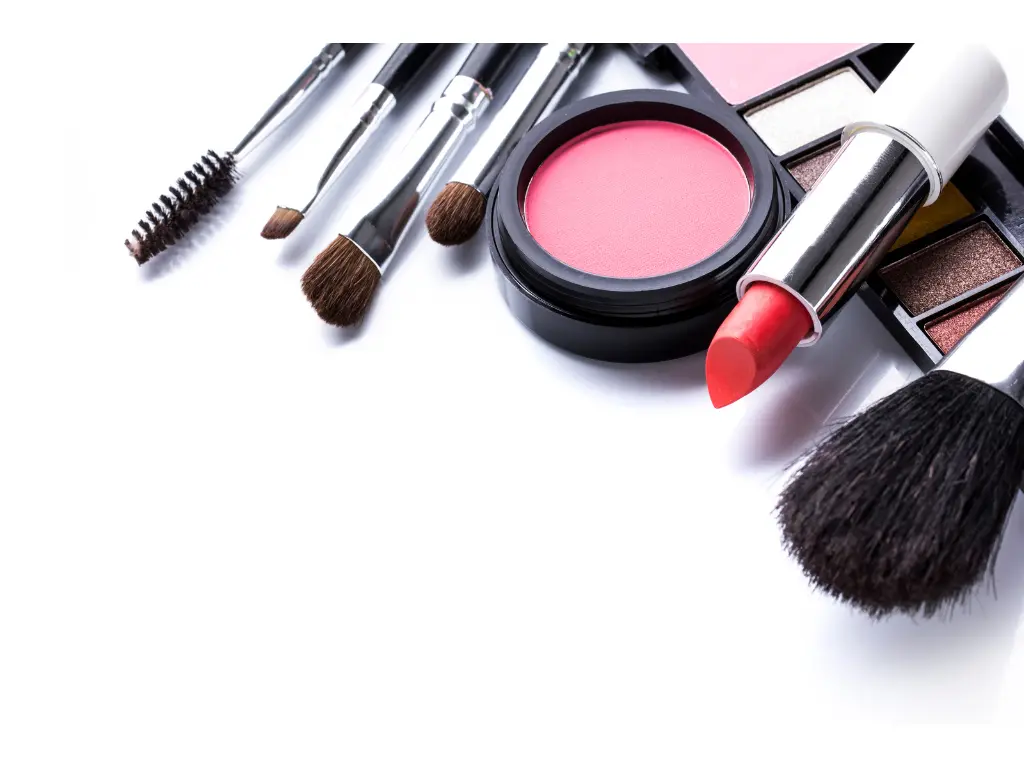News Details

Dominican Republic Tightens Rules on Cosmetic Products to Safeguard Consumers
On 8 September 2025, the Dominican Republic's Ministry of Public Health (Ministerio de Salud Publica y Asistencia Social) issued a sweeping update to its Technical Regulation for Cosmetic Products, a measure designed to strengthen consumer safety, enhance product transparency, and align national cosmetic standards with international best practices.
The new regulation, known officially as the Reglamento Técnico que regula la compercializacion de Productos Cometicos, De Higiene Personal y del Hogar, establishes stringent requirements for the manufacturing, import, labeling, and marketing of all cosmetic products, personal care and household cleaners sold within the country.
A Modern Regulatory Framework
According to the Ministry of Public Health (Ministerio de Salud Pública y Asistencia Social), the regulation introduces a comprehensive oversight system for both locally and imported cosmetics, personal care products and household cleaners. All manufacturers, importers, and distributors will be required to comply with Good Manufacturing Practices (GMP), a set of hygiene and quality control standards that cover everything from ingredient sourcing to packaging and storage conditions.
Mandatory Safety and Quality Assessment
Under the new framework, no cosmetic product can be marketed without a verified safety assessment. Companies must compile a Product Information File (PIF) containing detailed information on formulation, manufacturing process, toxicological data, and proof of product safety.
The regulation classifies cosmetics according to their intended use and potential risk, applying stricter controls to products that come into contact with sensitive areas such as the eyes, mucous membranes, or broken skin.
It also prohibits or restricts certain ingredients, including known allergens, carcinogens, and restricted colorants based on international reference lists such as those of the European Union and the World Health Organization (WHO).
Labeling Transparency and Consumer Information
To prevent misleading claims and to empower consumers, the regulation strengthens labeling requirements for all cosmetic products. Labels must now include:
-
Product name and intended purpose
-
Full list of ingredients in descending order of concentration
-
Net content and batch number
-
Manufacturer’s or importer’s name and address
-
Expiry date and storage instructions
-
Clear safety warnings, where applicable
Terms like “hypoallergenic”, “dermatologically tested”, or “organic” may only be used when supported by scientific evidence. Misleading advertising will be subject to sanctions and market withdrawal.
Pre-Market Notification and Post-Market Vigilance
Before placing a cosmetic product on the Dominican market, companies must submit a pre-market notification to the competent health authority, providing all relevant technical documentation and safety data.
The General Directorate of Medicines, Food and Health Products (DIGEMAPS), operating under the Ministry of Health, will oversee market surveillance and conduct random inspections and laboratory testing to detect non-compliant or counterfeit products.
Authorities will also maintain a national registry of cosmetic manufacturers and importers to improve traceability in case of adverse events or consumer complaints.
Regional and International Harmonization
The Dominican Republic’s updated regulation aligns with regional efforts to harmonize cosmetic standards across Latin America and the Caribbean, following similar frameworks adopted in countries such as Colombia, Peru, and Mexico.
It incorporates principles from the Andean Technical Regulation (Decision 516) and references international standards such as ISO 22716 for Good Manufacturing Practices.
Impact on Industry and Small Businesses
Large manufacturers and international brands are expected to adapt quickly, while small and medium-sized enterprises (SMEs) in the local beauty industry may face challenges meeting the new documentation adn GMP requirements.
Industry associations have therefore called for capacity-building programs and technical support to help smaller producers meet GMP and documentation requirements. Nonetheless, experts believe the regulation will strengthen the Dominican cosmetic sector in the long term by increasing consumer confidence, reducing unsafe imports, and promoting innovation.
Enforcement and Penalties
Non-compliance with the regulation could lead to sanctions ranging from product suspension to fines and revocation of manufacturing licenses. Authorities will also have the power to seize products found to contain banned substances or misleading claims. Consumers are encouraged to report any adverse effects or suspicious cosmetic products to the Ministry of Health through designated communication channels.
A Safer, More Transparent Market
With this new regulatory framework, the Dominican Republic joins a number of Latin American countries prioritizing consumer safety in the cosmetics sector.
For full details, the Regulation is available here (in Spanish).
We acknowledge that the above information has been compiled from DIGEMAPS .

 Twitter
Twitter
